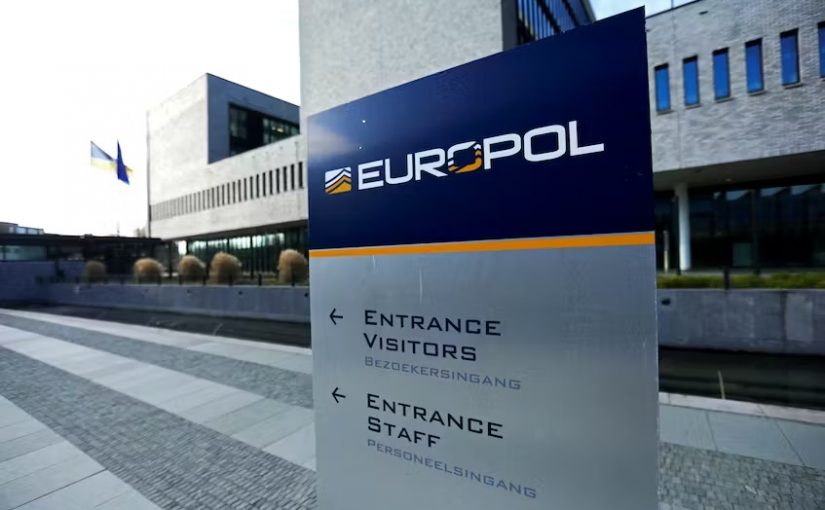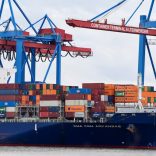MP Materials seals mega rare-earths deal with US to break China's grip
Police swoop on gang smuggling Cuban migrants into EU

File photo: Reuters
Police in five countries have broken up a people smuggling gang illegally bringing Cuban migrants into the EU through an “unusually long and expensive” route, Europol said on Monday.
German, Greek, North Macedonian, Serbian and Spanish police in June arrested 62 suspected smugglers who moved migrants from Cuba through Serbia, before taking them to Greece and finally flying them to Spain, Europe’s policing agency said.
“Members of the migrant smuggling network used a well-known messaging application to advertise their illicit services to Cuban clients in vulnerable situations,” said the Hague-based Europol, who coordinated the operation together with Interpol.
“For a payment of around nine thousand euros ($10,000) they would organise the trip, transfers, and provide false documentation,” Europol said.
The gang — which exploited a lack of visa requirement to get into Serbia — smuggled some 5,000 illegal Cuban migrants into the EU this way, generating some 45 million euros in illicit profit.
It is an “unusually long and expensive smuggling route,” Europol said.
“The investigation revealed a complex criminal infrastructure set up in many cities across Spain, Greece and in Serbia, flexible and able to adapt to changing circumstances in order to keep their illicit business going,” it said.
The probe was first triggered in October 2021 when Serbian, Greek, North Macedonian and Finnish authorities reported that increased numbers of Cubans were trying to enter the EU illegally.
Originally, the route saw Cubans fly to Russia before crossing the border into Finland or fly to destinations in central or southern Europe via the Balkans.
“Since the beginning of the war unleashed by Russia against Ukraine, the route was changed,” Europol said.
Migrants were now flown to Serbia via Frankfurt international airport, before being smuggled across the border into Greece and North Macedonia.
“Using a variety of routes, the smugglers would direct large groups of migrants and make them walk in the dark without supplies for hours,” the agency said.
“In addition to these arduous conditions, the criminals would take advantage of the most vulnerable migrants, including minors, and subject them to scams, robberies, and extortion.”
“In some cases, women were transferred to other criminal groups for sexual exploitation,” it said.
Once in Greece, the migrants could either apply for asylum or through the criminal gang organise air transport to Spain or go by sea to Italy.












Leave a Reply
Be the First to Comment!
You must be logged in to post a comment.
You must be logged in to post a comment.